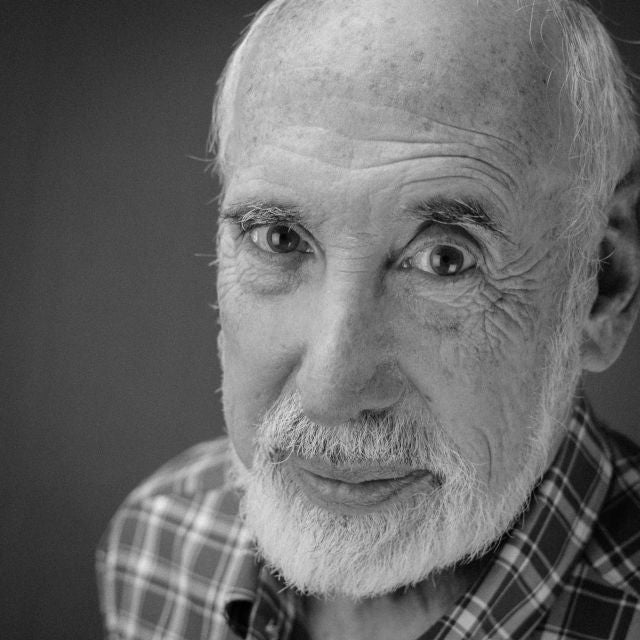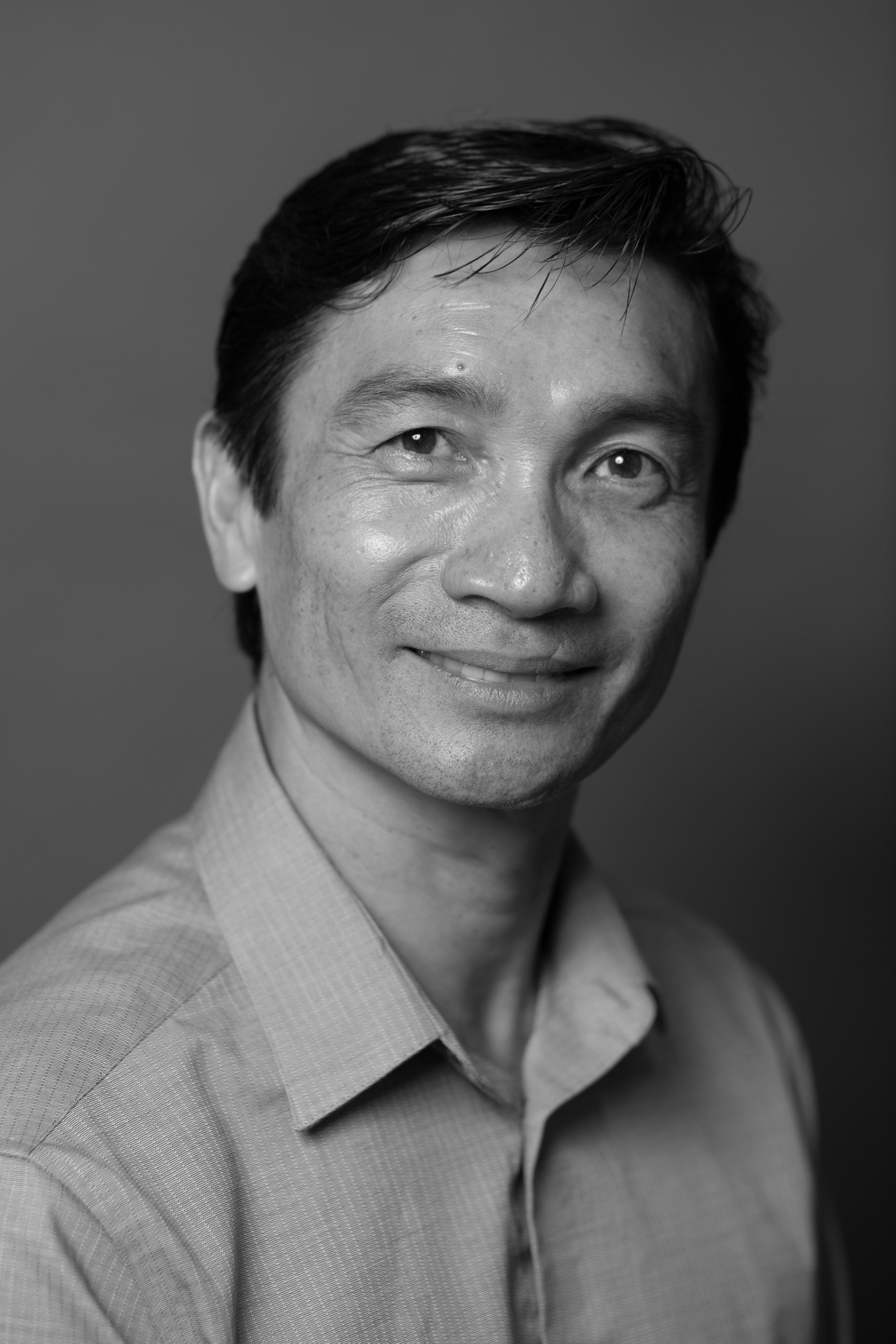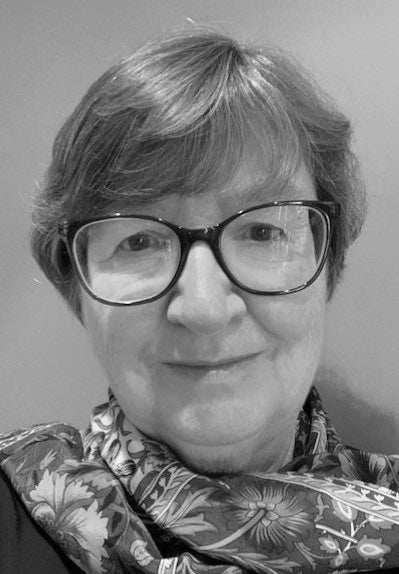Richard Gevirtz

Dr. Richard Gevirtz is a Distinguished Professor of Psychology for the California School of Professional Psychology at Alliant International University in San Diego. He has been in involved in research and clinical work in applied psychophysiology and biofeedback for the last 30 years and served as the president of the Association for Applied Psychophysiology and Biofeedback, 2006-2007. His primary research interests are in understanding the physiological and psychological mediators involved in disorders such as chronic muscle pain, fibromyalgia, and gastrointestinal pain. In this vein, he has studied applications of heart rate variability biofeedback for anxiety, pain, gastrointestinal, cardiac rehabilitation, and other disorders. He is the author of many journal articles and chapters on these topics. He also maintains a part time clinical practice treating patients with anxiety and stress related disorders.
- Scientific study of mind/body medicine modalities
- Physiological patterning in stress-related disorders
- Clinical protocols for biofeedback training
- Mediators of autonomic control
- Anxiety disorders
- Heart rate variability (HRV) measurement and biofeedback
- PhD, DePaul University
- Applied Psychophysiology and Biofeedback
- Advanced Statistics
- Gevirtz, R.N., Lehrer, P., and Schwartz, M.S (In press) "Cardio/Respiratory Measurement and Assessment in Applied Psychophysiology, Chapt. 5" in Biofeedback: A Practitioners Guide (Eds Schwartz and Andrasik), Guilford Press, 4th edition, NY
- Gevirtz, R.N., Lehrer, P., and Schwartz, M.S (In press) "Cardio-Respiratory biofeedback", Chapt. 13,in Biofeedback: A Practitioners Guide (Eds Schwartz and Andrasik), Guilford Press, 4th edition, NY
- Cullins, S., Gevirtz , R.N., Poeltler,D., Cousins,L., Harpin,R.E., and Muench, F. (2013) "An Exploratory Analysis of the Utility of Adding Cardiorespiratory Biofeedback in the Standard Care of Pregnancy-Induced Hypertension", Applied Psychophysiology and Biofeedback, 38,(1)
- Gevirtz, R.N.(2013) "The nerve of that disease: The vagus nerve and cardiac rehabilitation", Biofeedback, 41(1
- Sigafus, S., Gevirtz, R.N., Alhassoon, O., Hubbard,D., Scarlet, Janina, Guiles,R.,& Stern, M. (2012) ; "Heart Rate Variability Biofeedback and Mindfulness:A Functional Neuroimaging Study." Applied Psychophysiology and Biofeedback. Volume 37 Number 4
- Gevirtz, R.N. (2011) Biofeedback in the treatment of stress. Cleveland Clinic Journal of Medicine: Proceedings of the 2010 Heart-Brain Summit, Supplement 1,78, s59-60
- Strack, B & Gevirtz, R.N. (2011) Getting to the heart of the matter: Heart rate variability biofeedback for enhanced performence, In Biofeedback & Neurofeedback Applications in Sport Psychology, (ed.) Benjamin W. Strack ,Michael K. Linden, Vietta Sue Wilson, AAPB Press, Wheat Ridge, CO.
- Tan, G., Dao, T.K., Farmer, L. Sutherland, J. and Gevirtz, R.N. (2011) "Heart rate variability (HRV) and posttraumatic stress disorder: A pilot study." Appl Psychophysiol Biofeedback. 36, Issue 1
- Reynard, A., Gevirtz, R.N. Berlow,R., Brown, M.Z. and Boutelle, K.(2011) "Heart Rate Variability as a Marker of Self-Regulation." Appl Psychophysiol Biofeedback, 36(3):209-15.
- Gevirtz, R.N. (2011) "Biofeedback in the treatment of stress." Cleveland Clinic Journal of Medicine (CCJM) proceedings supplement.
- Sigafus, P.*, Gevirtz, R.N., Alhassoon, O. & Hubbard, D. (2010), "Neural correlates of heart rate variability biofeedback training and its role in mindfulness", Applied Psychophysiology and Biofeedback, 35 323
- Sowder,E.*, Gevirtz, R.N.,& Shapiro, W( 2010), "Restoration of Vagal Tone: A Possible mechanism for Functional Abdominal Pain." Appl Psychophysiol Biofeedback. 35, Issue 3 , 199-206.
- Gevirtz, R.N.(2010) "Autonomic Nervous System Markers for Psychophysiological, Anxiety and Physical Disorders", in Integrative Neuroscience and Personalized Medicine, (Ed.) Evian Gordon and Stephen Koslow, Oxford University Press, New York, NY.
- Berger, B. C. & Gevirtz, R.N. (2001) "The treatment of panic disorder: a comparitive study between breathing retraining and cognitive behavioral therapy." Biological Psychology, in press
- Gevirtz, R.N. (2001) "Book review of Handbook of Psychophysiology." Applied Psychophysiology and Biofeedback 26, (2)
- Gevirtz, R.N. (2001) "The use of heart rate spectral data in the treatment of psychophysiological and anxiety disorders." Biological Psychology, in press
- Humphreys, P. & Gevirtz, R. (2000) "Treatment of recurrent abdominal pain: components analysis of four treatment protocols." Journal of Pediatric Gastroenterology and Nuitrition, 31 (1), 47-51.
- Gevirtz, R., (2000) Physiology of Stress, in D. Kenney, J. Carlson, J. Sheppard, & F.J. McGuigan (Eds.) "Stress and Health: Research and Clinical Applications." Harwood Academic Publishers, Sydney, Australia.
- Gevirtz, R. (2000) "Resonant frequency training to restore autonomic homeostasis for treatment of psychophysiological disorders." Biofeedback, 27 (4), 7-9.
- Wiederhold,B., Gevirtz, R., & Wiederhold,M. (1999) "Enhancing treatment of specific phobias with virtual reality and physiological feedback." Applied Psychophysiology and Biofeedback, 24 (2), 140
- Merz, L. & Gevirtz, R. (1999) "Spectral analysis of heart rate in subtypes of asthmatics." Applied Psychophysiology and Biofeedback, 24 (2), 119
- Stevens, M. Gevirtz, R., Wiederhold, M. & Verity, L. (1999) "Chronic fatgue syndrome: A chronobiologically oriented, controlled treatment outcome study." Applied Psychophysiology and Biofeedback, 24 (2), 129.
- Muse, J. & Gevirtz, R. (1999) "The effects of a psychological stressor on nEMG activity while performing a typing task in good and poor ergonomic positions." Applied Psychophysiology and Biofeedback, 24 (2), 120
- Armm, J., Gevirtz, R., Hubbard, D. & Harpin, E. (1999) "The relationship between personality characteristics and local muscle tenderness development in first year psychology graduate students: A prospective study." Applied Psychophysiology and Biofeedback, 24 (2), 125
- Banks, S., Jacobs, D., Gevirtz, R. & Hubbard, D. (1998) "Effects of autogenic relaxation training on EMG activity in myofascial trigger points." Journal of Musculoskeletal Pain, 6, #4.
- Humphreys,P. & Gevirtz, R. (1998) "A comparison of self-regulation techniques versus dietary fiber alone in the treatment of recurrent abdominal pain (RAP) in children." Applied Psychophysiology and Biofeedback, 23, 118
- Gevirtz, R. (1997) "A masters degree in clinical psychophysiology and biofeedback." California Biofeedback, 13,2.
- Gerwin, R., Shannon, S., Hong, C., Hubbard, D. & Gevirtz, R. (1997) "Interrater reliability in myofascial trigger point examination." Pain, 69, 65-73.
- Heeren, M., Gevirtz, R. & Seltzer, J.(1997) "Psychophysiological response patterns in emotionally triggered asthma." Applied Psychophysiology and Biofeedback, 22, 142
- Gadler, R. & Gevirtz, R.(1997) Evaluation of Needle Electromyographic Response to Emotional Stimuli Applied Psychophysiology and Biofeedback, 22, 137
- Nicolini, R. & Gevirtz, R. "Respiratory sinus arrhythmia in panic disorder.(1997)" Applied Psychophysiology and Biofeedback, 22, 142.
- Linden, M., Gevirtz, R., Isenhart, R. & Fisher,T. (1996) Event related potentials of subgroups of children with attention deficit disorder and the implications for EEG biofeedback. J. of Neurotherapy, Winter 1996.
- DeGuire, S., Gevirtz, R., Hawkinson, D., & Dixon, K.(1996) "Breathing retraining: A three-year follow-up study for hyperventilation syndrome and associated functional cardiac symptoms." Biofeedback and Self Regulation, 21, 2, 191-197.
- Gevirtz, R. (1996) "Psychophysiology and the Clinician: Lessons from recent research." Biofeedback 24,4, 12.
- Gevirtz, R., Hubbard, D., & Harpin, R.E. (1996) "Psychophysiologic treatment of chronic lower back pain." Professional Psychology: Research and Practice, 27, 6, 561-566.
- Galant, D., Schatz, M., Falkoff, E., Macey, E., Gevirtz, R., Nicassio, P., & Zeiger, R.(1996) "Enhancement of health-related quality of life in adult asthmatics managed by allergy specialists in a health maintenance organization." Journal of Allergy and Clinical Immunology,99,1,s70
- Moynihan, J. & Gevirtz, R.(1996) "Respiratory and psychophysiological factors in subtypes of panic." Biofeedback and Self-Regulation, 21, 379
- Gerstenkorn, S., Jacobs, D., Gevirtz, R., (1996) "Effects of autogenic relaxation training on electrical activity in active myofascial trigger points." Biofeedback and Self-Regulation,21 ,349-350
- Josephs, S., Gevirtz, R., & Hubbard, D.(1996) "Tension-type headache prediction: Do stress and cognitions about assertiveness explain variance in daily headache pain?" Biofeedback and Self-Regulation, 21, 371
- Moynihan, J. & Gevirtz, R. (1996) "Towards identifying subtypes of panic using respiratory and psychophysiologic factors: a preliminary investigation." Biological Psychology, 43, 253
- Knowles, J., Gevirtz, R. & Ancoli-Israel, S.(1996) "The use of thermal biofeedback in the treatment of periodic limb movement disorder." Biofeedback and Self-Regulation, 21, 355
- Gevirtz,R ,Glaros,A., Hopper,D.and Schwartz,M.S.(1995) Temporomandibular Disorders in M.S. Schwartz and Associiates, Biofeedback:A Practitioners Guide(Second Edition). Guilford Press:New York.
- Glaros, A.and Gevirtz,R.N.(1995) T"emporomandibular Disorders." AAPB White Paper. Published by AAPB,Wheat Ridge,CO.
- Argue,K. and Gevirtz,R.N.(1995) "The effect of psychological intervention upon anxiety associated with magnetic resonance imaging." Biofeedback and Self-Regulation, 20,317
- Cartozzo,H., Jacobs,D., and Gevirtz, R.N.(1995) "EEG biofeedback and the remediation of ADHD symptomatology:A controlled treratment outcome study." Biofeedback and Self-Regulation, 20, 203.









